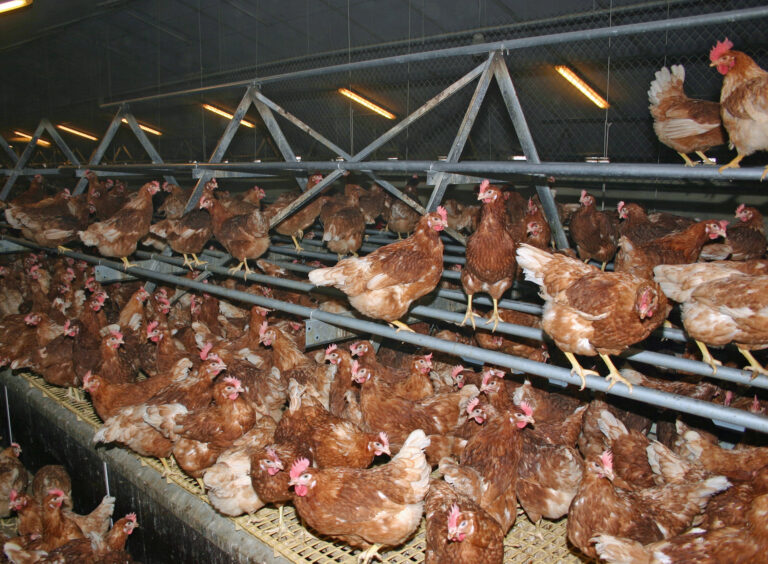The British Poultry Council has welcomed the WHO Guidelines on Use of Medically Important Antimicrobials in Food-Producing Animals, which are fully in line with the British Poultry Meat Industry’s Antibiotic Stewardship on sustainable use of antibiotics, upholding UK’s position at the forefront of international efforts to tackle antimicrobial resistance.
British Poultry Council, Chief Executive, Richard Griffiths said: “Since 2011, British poultry meat farmers have been following the WHO Guidelines on the use of antibiotics critically important to human health. The UK poultry meat industry uses the highest priority critically important antibiotics only as a ‘last resort’ and under the authority of a supervising veterinarian after all alternative options have been explored to prevent a bird health and welfare issue.
We have stopped routine use of antibiotics, reduced the total use by 71% in the last four years and have significantly reduced the use of medically important antibiotics; including Fluoroquinolones by 72% and Macrolides by 77%. We have also stopped using 3rd and 4th generation Cephalosporins as well as Colistin. This is a result of a high level of commitment and professionalism displayed by poultry meat farmers and veterinarians, who are doing everything they can to demonstrate the ‘One Health’ approach set out by the UN on Antimicrobial Resistance.
It is critical for all livestock sectors to work together on the global challenge of antimicrobial resistance, which poses a risk to human and animal health. An open, transparent and coordinated approach between farmers, the scientific community as well as policy makers at the local, regional, national and global levels is vital to preserve the effectiveness of the antibiotics that are critically important for human health.”


